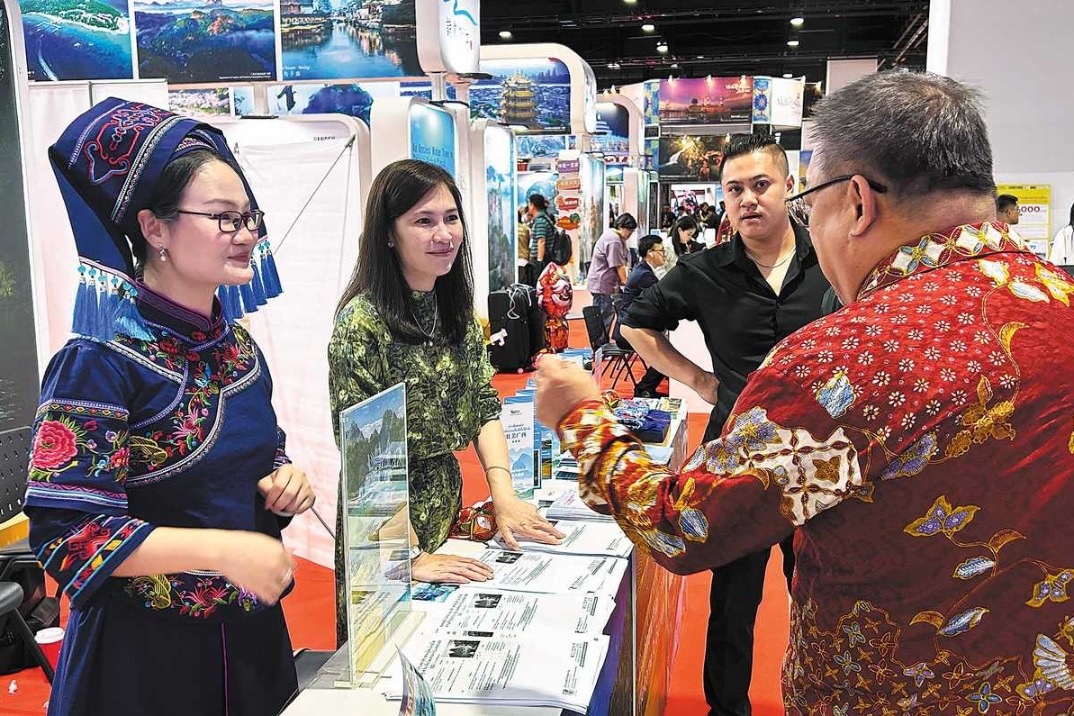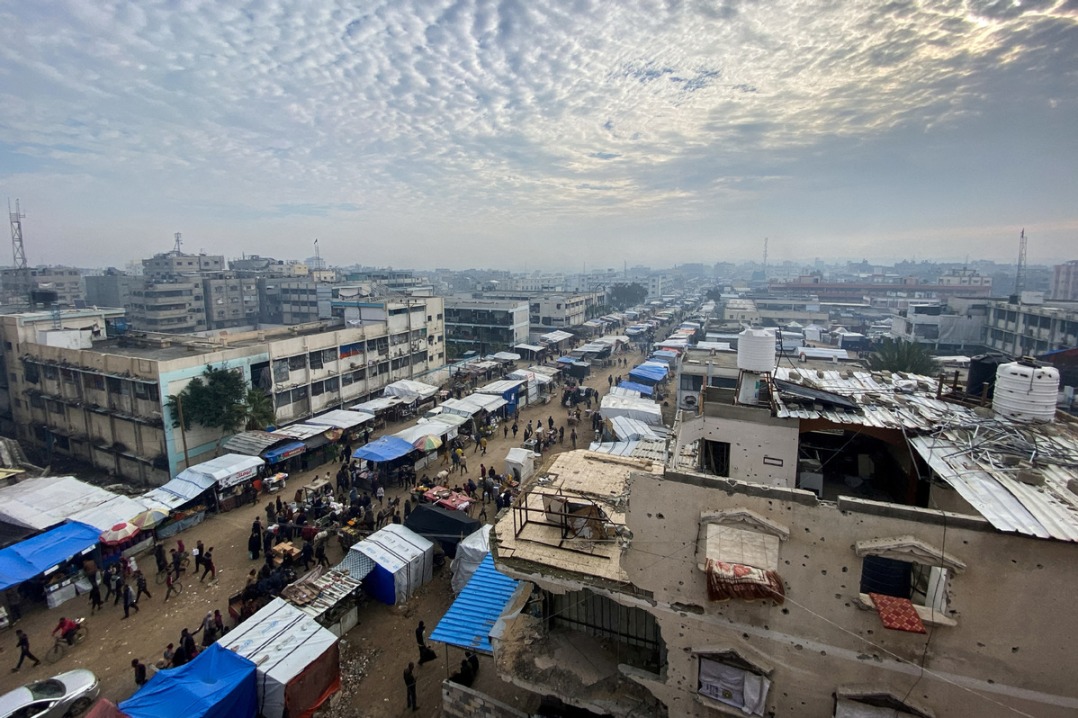BRI prompts closer global scientific cooperation

Seeing stars
On April 10, astronomers released the first-ever image of a black hole, captured thanks to a global effort called the Event Horizon Telescope-eight interconnected telescopes around the world.
More than 200 scientists around the globe participated in the monumental project, including 16 from the Chinese mainland. They helped with data analysis and theoretical explanations of the black hole, according to CAS.
"Global collaboration is often required to make big discoveries in astronomy," said Huang Jiasheng, chief scientist of CAS's South America Center for Astronomy, located in Chile.
The center, launched in 2013 by China and Chile, aims to foster new talent and scientific cooperation, and integrate China's astronomical research with that of the rest of the world.
"Chinese astronomy began to take off after the launch of reform and opening-up, so its development was relatively late compared with the United States and European countries," Huang said.
Chile has some of the best geographical and weather conditions for astronomy, he added. By next year, about 75 percent of the world's large-scale ground telescopes will be sited in the country.
In exchange for allowing foreign countries to build telescopes in the country, Chilean scientists are guaranteed about 10 percent of the operating time at facilities for their research.
To facilitate practical Sino-Chilean scientific cooperation, the Chilean government also allows Chinese scientists to use facilities in the country.
"This way, they get to use world-class equipment for research," Huang said, adding that both countries benefit from the collaboration because they can work more closely on certain projects and train new talent in the process. "This has been a fruitful endeavor," he said.
By 2017, the center had received about 127 hours of operating time, and had published 54 papers, including some on the environment surrounding black holes and their feeding mechanisms.
Both papers were written by Claudio Ricci, a fellow at the center, who is studying on a China-Chile postdoctoral fellowship program.
Huang believes scientific bilateral cooperation will reach new heights because Chile officially joined the BRI last year.
"China will eventually need its own telescope in Chile, and a good relationship between the two countries will help achieve this goal faster," he said.
































